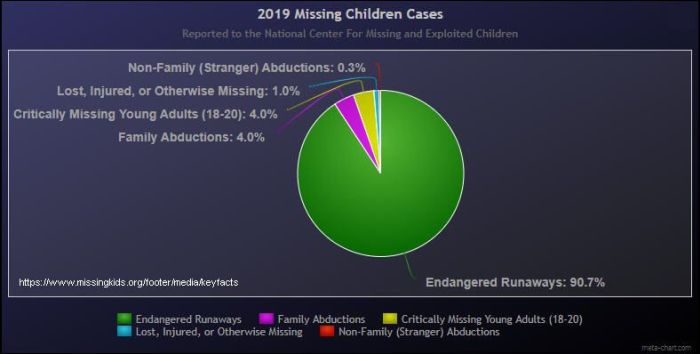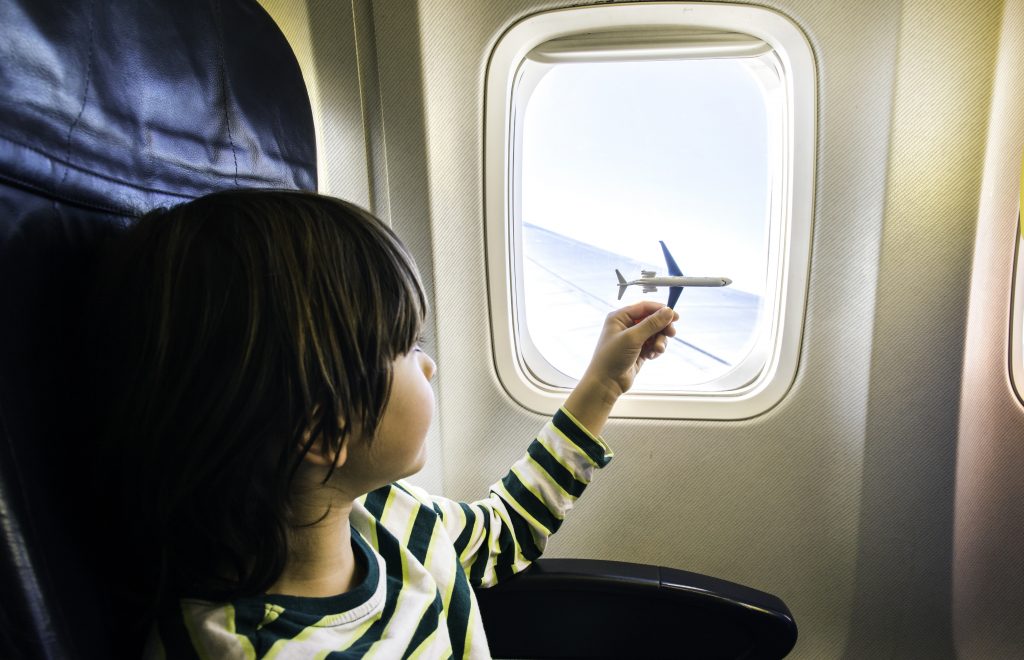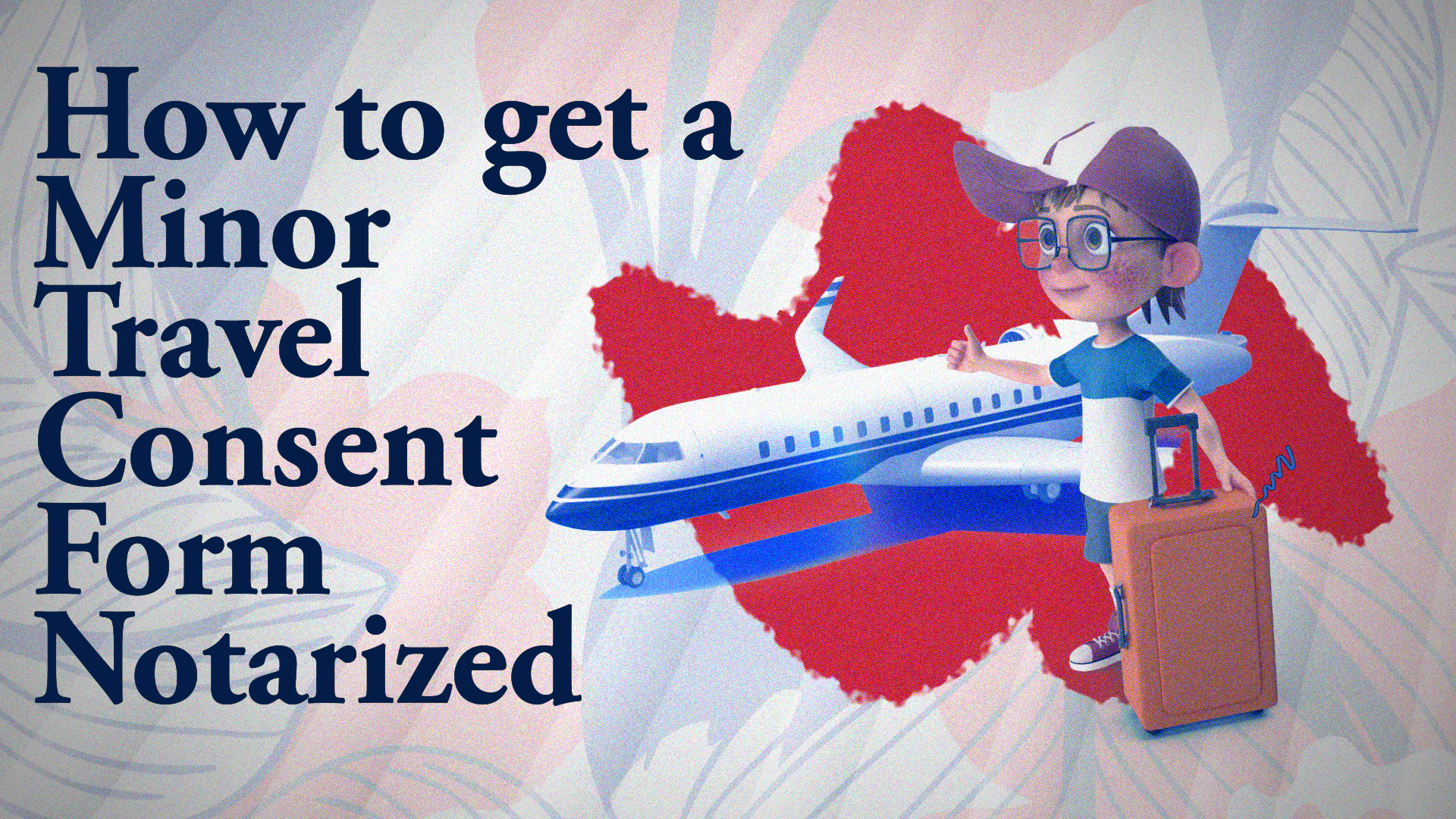Table of Contents
ToggleWhat Is a DS-3053 Form?
This form’s official name is Statement of Consent or Special Circumstance for Minor Passport. The DS-3053 form is for situations where only one parent or guardian is able to fill out the paperwork.
In most cases, both parents must apply for a minor child’s passport. If the other parent isn’t available for any reason, you must use the DS-3053 form.
The government considers any child under 16 a minor.
You’ve been planning for your family’s biggest trip of the year for just as much time (a year). So you gather up the kids and rush to the airport to catch your flight. It’s a fight through traffic and long lines at the ticket desk. You even show up early to make sure your young children can get through and you bring their birth certificates.
You’re about to get your tickets when customs ask for your kids’ Notarized Minor Travel Consent Form.
“Excuse me?”
“My what?” (you know, record scratch, freeze frame, whole shebang)
The Problem: You need a Notarized Document or your trip is ruined.
The Solution: BlueNotary notarizes your DS-3053 Minor Travel Consent Form online in 10 minutes or less.
Parental Consent to Travel
Indeed, it is not always as simple of a task traveling with a child under 18 as you always expect. Especially if you are divorced and share custody or are traveling outside the United States. However, it is absolutely necessary.
Notarized proof of parental consent is crucial in preventing abducted children. Without notarized proof of parental consent, TSA may stop a child from reaching their destination. In recent years, U.S. Customs and Border Protection (CBP) has been paying close attention to abductions and as well as looking out for runaway children (who are a 302x larger population than abductees..)

Common Scenarios Requiring Minor Travel Consent Forms
Here are the most common situations we see that require Child Travel Consent:
- The aforementioned children travel with one parent when their folks are legally separated.
- Students traveling abroad for school trips or sporting events
- Minors traveling with a religious group
- Children traveling with an extended family member depending on the jurisdiction. This includes cousins, aunts, uncles, and grandparents.
- Kids traveling alone, who will be meeting their parents when they land.
- Minors traveling with their friends and their families on vacation
For most trips within the U.S, a child’s birth certificate will suffice if their parents are present or guardians are present.
That said, it is still recommended to check with your airline to see if you need a child travel consent form. In the case that you are leaving the country you should also check with laws of the countries your flight is both connecting in and arriving at.
These rules can vary by age. Does a 17-year-old need a notarized letter to travel? One of the best places to find an answer to specific questions like this is with the U.S. embassy in your destination country.
Minor Travel Consent Form Laws
The laws from the U.S. Customs and Border Patrol say:
“Unless the child is accompanied by both parents, the child must have a notarized letter from the other parent or signed by both parents stating, “I acknowledge that my son/daughter is traveling outside the country with [the name of the adult] with my permission.”
CBP – Before you Trip

All US citizens are required to show a valid passport upon re-entry to the United States according to the Customs of Border Protection (CBP)
Parental Consent to Travel Form Requirements
There is no standard-issue minor travel consent form, though there are templates online that may be used as examples. Sites like Rocket Lawyer and LawDepot have easily customizable templates. We have one as well at the bottom of this article available for download.
It’s also important to provide contact information on the document of the parent(s) or legal guardian(s) if any accidents occur during the trip.
There are a wide range of scenarios that may apply to you and your family. You can also inquire with the CBP directly to verify the documents your minor will need to travel.
The DC-3053 Notarization Process
How does BlueNotary work so fast?
We’ve got a simple 4-step process after you enter your email address.
- Upload your document to BlueNotary (We’ve got templates so you don’t have to go looking if its a Minor Travel Consent Form).
- Answer some quick questions
- Upload your government ID
- Get Notarized and download your document!
We’ll keep your document stored for up to 10 years in our system in case you ever lose your legally binding and encrypted document.
Since it will be digitally stored, you won’t need to worry about keeping a physical copy or finding a foreign notary overseas. The last thing you want to be doing before returning home is running around a foreign country trying to get legal documents notarized.
This is particularly valuable for digital nomads and those fortunate enough to frequently fly around the globe. They can access their documents anytime and instantly re-download them with ease.
With BlueNotary, you can be anywhere in the world at any time and we’ve got you covered. Our full team of notaries is ready to help you get your minor travel consent form notarized today!
Frequently Asked Questions When You Notarize DS-3053
What are the specific requirements for a government ID to be acceptable for notarization through BlueNotary?
BlueNotary requires government-issued, photo-bearing, and current identification for notarization, such as passports, driver’s licenses, or state-issued IDs. The ID must identify the person and match the name on the documents to be notarized. For detailed guidance, consult BlueNotary’s customer service or FAQ section.
Are there any age restrictions for minors traveling alone or with adults who are not their parents/legal guardians that require additional documentation or steps beyond the notarized DS-3053 form?
Additional documentation beyond the notarized DS-3053 form may be necessary for minors traveling alone or with adults who aren’t their parents or legal guardians, depending on airline policies, destination requirements, and applicable laws. This could involve a detailed consent form outlining travel plans and authority granted to accompanying adults, tailored to each travel scenario.
What happens if there’s an issue with the notarization process online, such as technical difficulties or questions about the document?
BlueNotary likely has protocols in place to address issues during the online notarization process, including technical glitches or document queries. Support options may include live chat, phone assistance, FAQs, or troubleshooting guides to ensure a smooth process and user satisfaction.
How does BlueNotary ensure the privacy and security of sensitive information, especially considering the upload of a government ID and personal documents?
BlueNotary prioritizes the privacy and security of sensitive information by employing industry-standard encryption, secure servers, and compliance with regulations like GDPR. Users can expect data encryption in transit and at rest, along with adherence to privacy policies and security practices outlined by BlueNotary.
Can the notarized document be used multiple times for different trips, or does it need to be re-notarized for each new travel occasion?
The validity of a notarized document for multiple trips depends on the requirements of airlines, destination countries, and connecting countries. While notarization confirms signature authenticity, it’s advisable to check with relevant authorities for validity time frames. Consider notarizing a new form for each trip to ensure compliance with current travel regulations.







